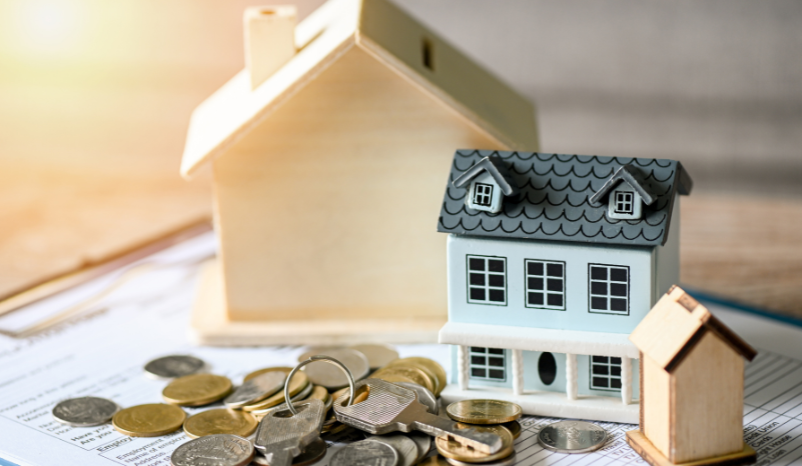
Along with your mortgage repayments, there are additional costs you will incur when it comes to the purchase of a property. These include, but are not limited to:
- Deposit
- Engineers Report
- Valuation Fees
- Insurance
- Stamp Duty
- Solicitor Fees
- Local Property Tax
- Moving Costs
It is important to consider these and work them into your budget when it comes to purchasing your home.
Deposit
Typically required upfront and varies depending on lender requirements and property price.
Engineers Report
A structural survey to assess the condition of the property, ensuring there are no hidden issues.
Valuation Fees
Required by lenders to confirm the property’s market value before approving a mortgage.
Insurance
This includes both mortgage protection insurance and home insurance, which are essential for securing a loan and protecting your investment.
Stamp Duty
A government tax on property purchases, usually calculated as a percentage of the home’s value.
Solicitor Fees
Legal costs associated with conveyancing and ensuring the transaction is processed correctly.
Local Property Tax (LPT)
An annual tax based on the market value of your home, payable to the Revenue Commissioners.
Moving Costs
Expenses related to hiring movers, purchasing furniture or appliances, or any renovations needed before moving in.
Utilities
If you’re moving into a newly built home or a property that has been vacant, you may need to pay connection fees for electricity, gas, water, or broadband. Setting up direct debits and deposits for utilities can also add to expenses.

